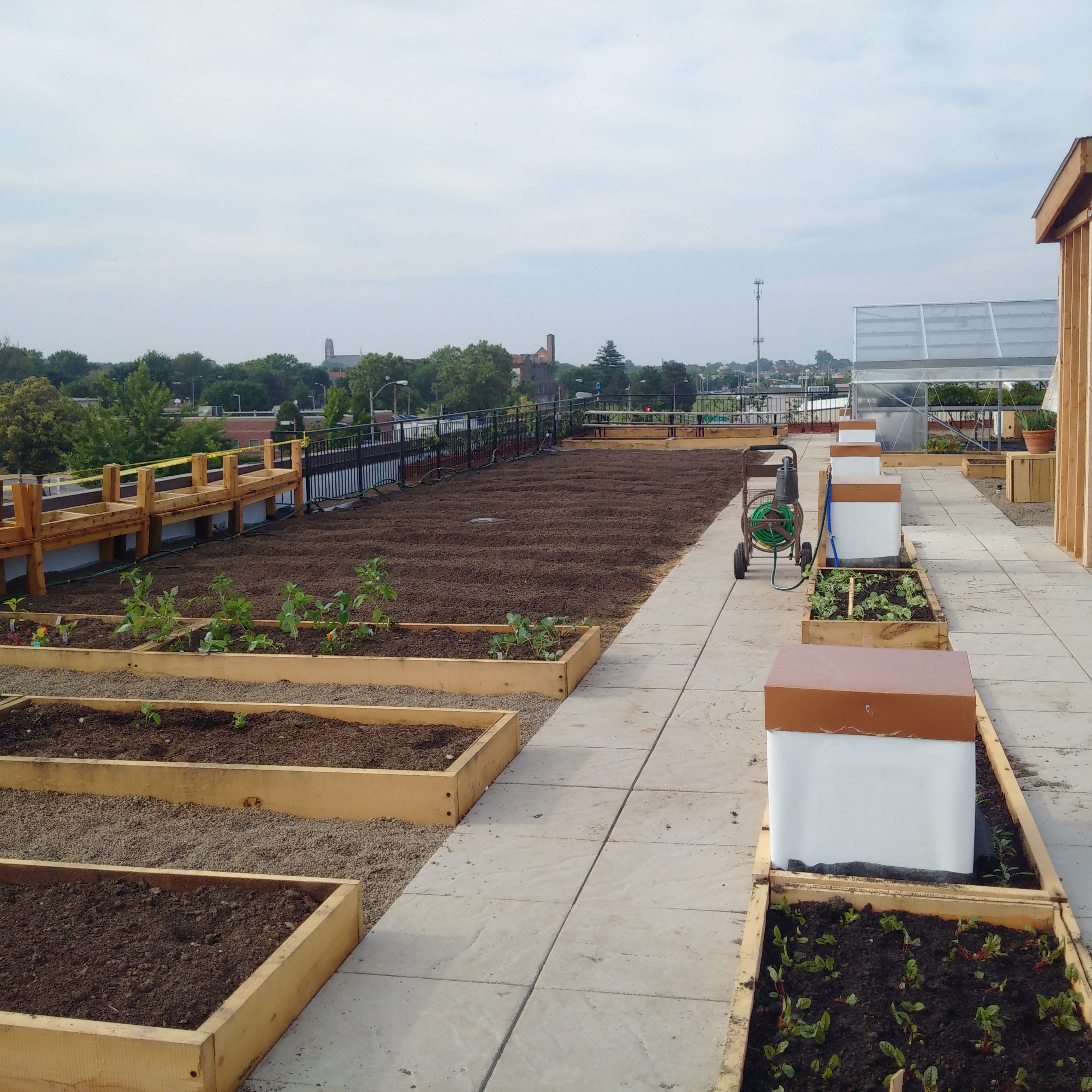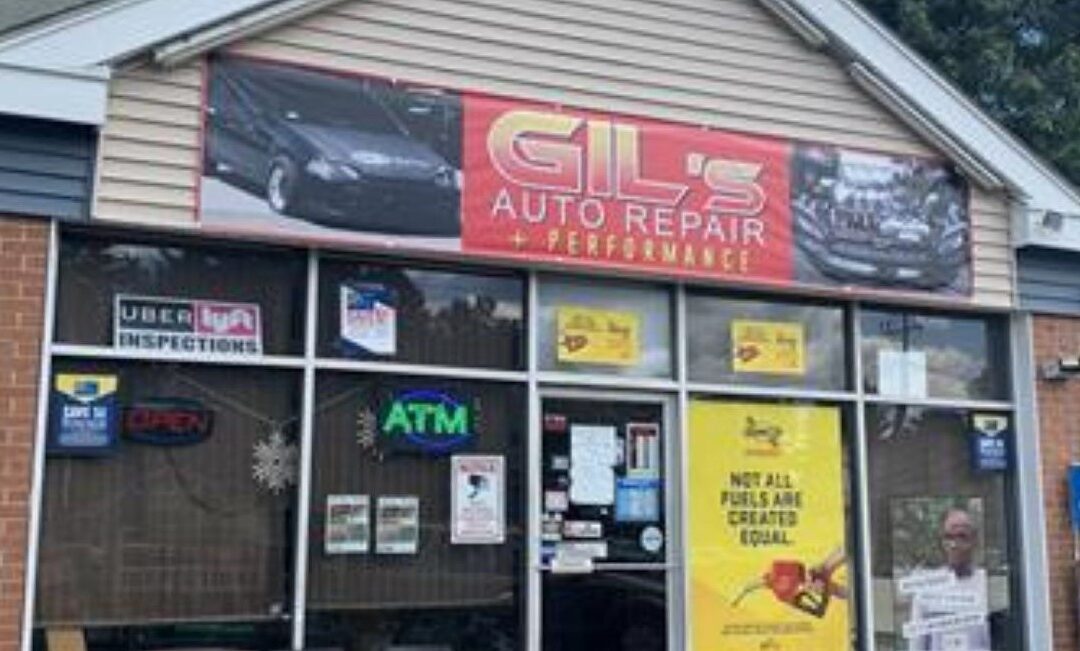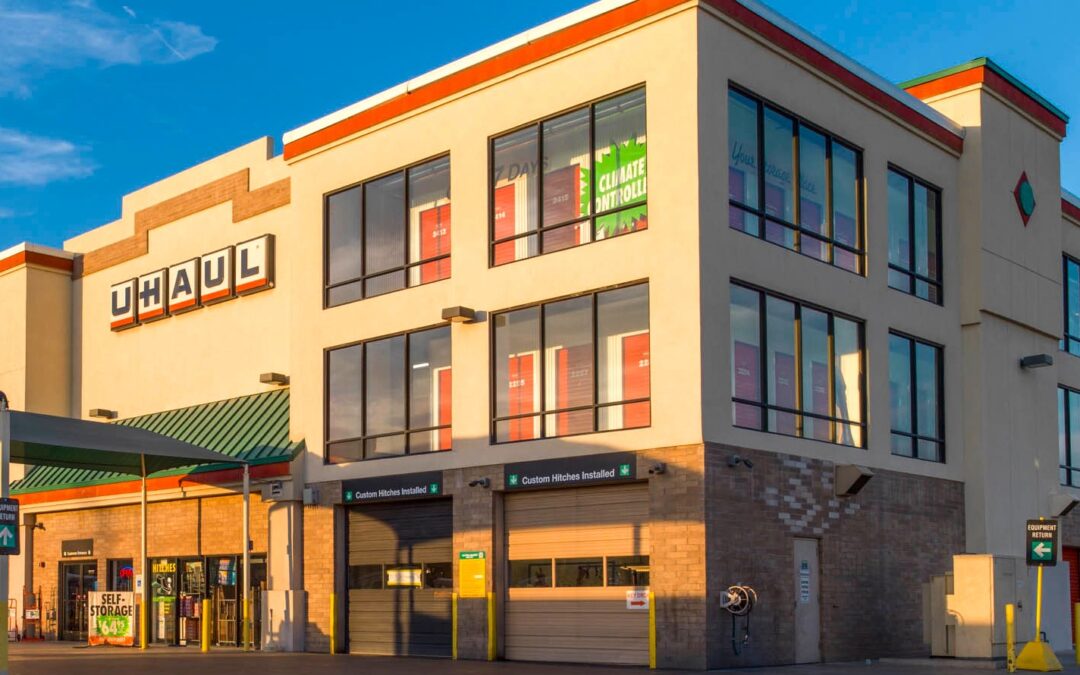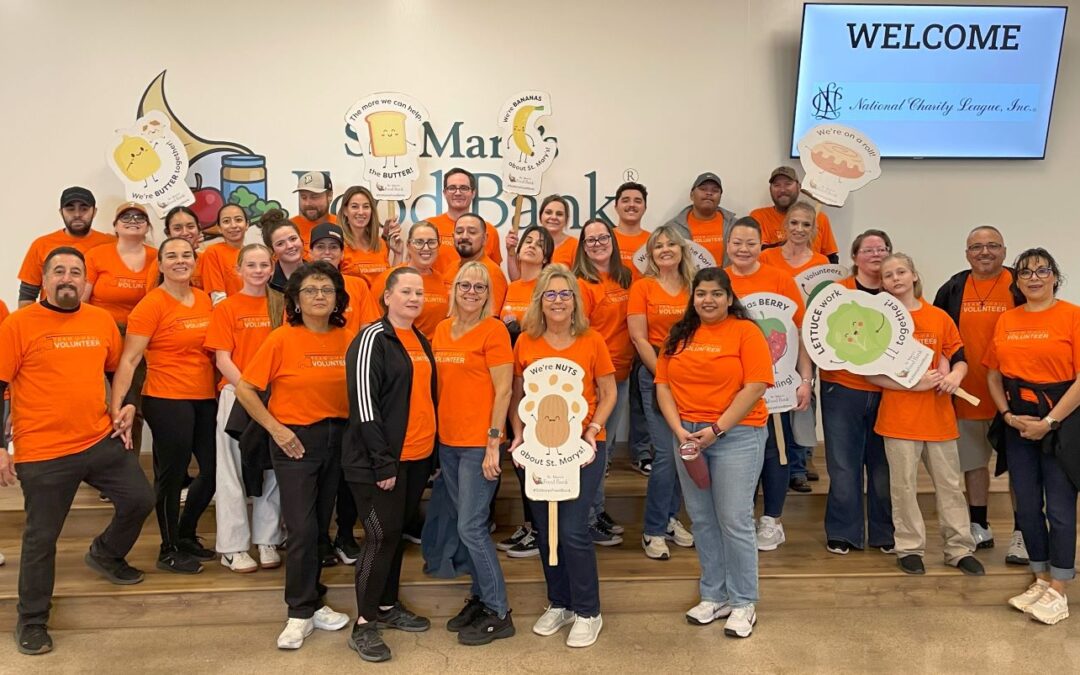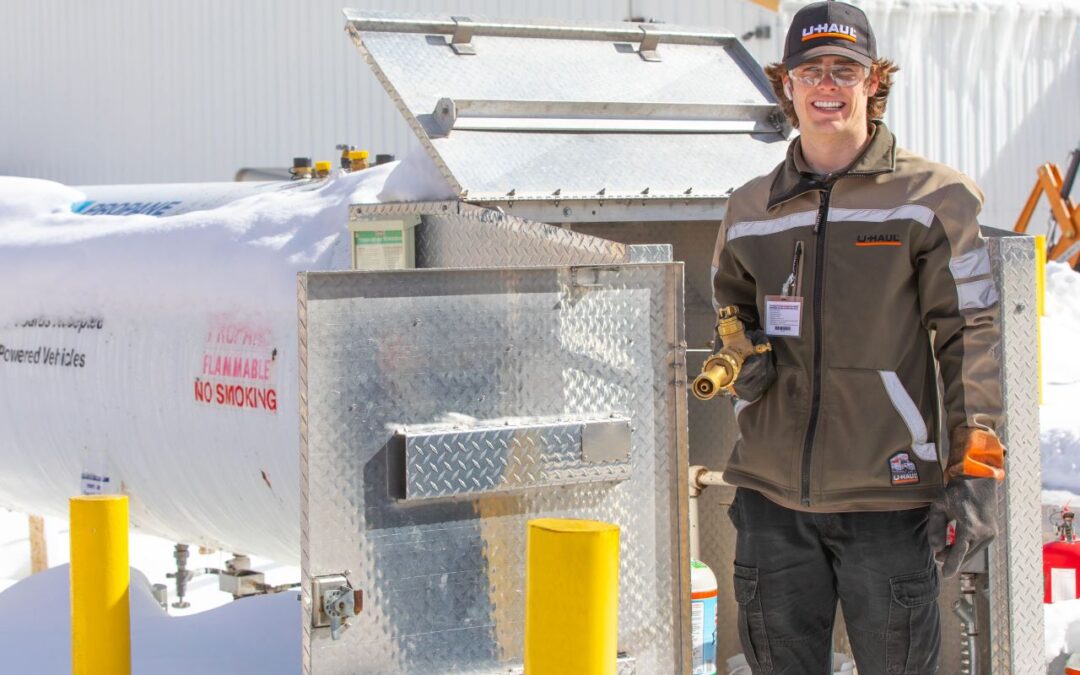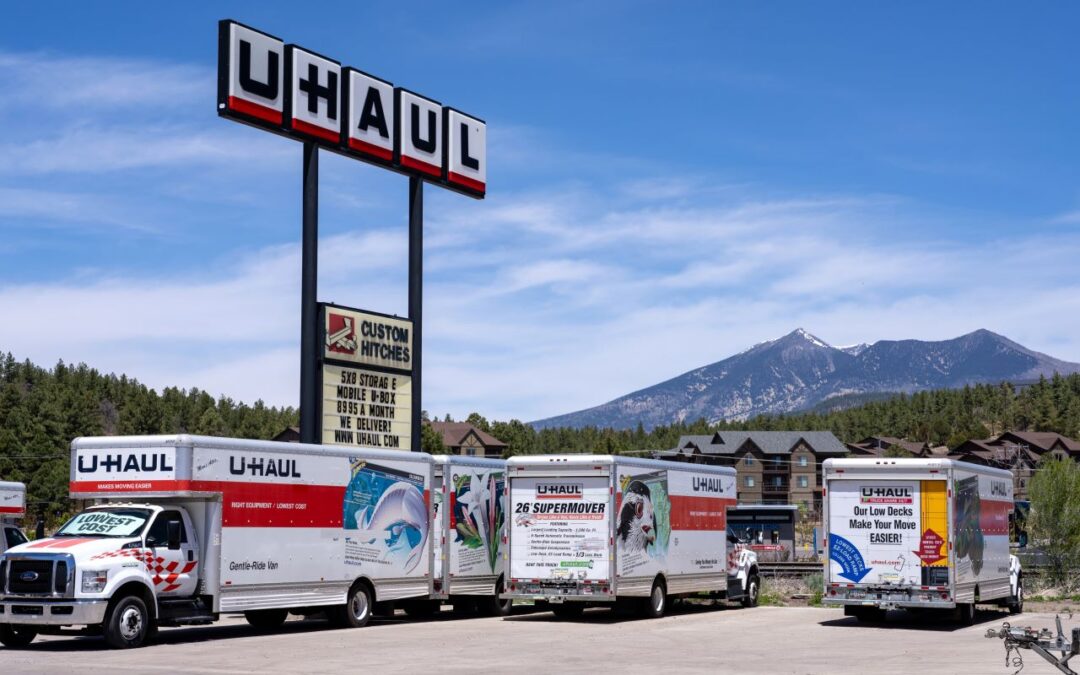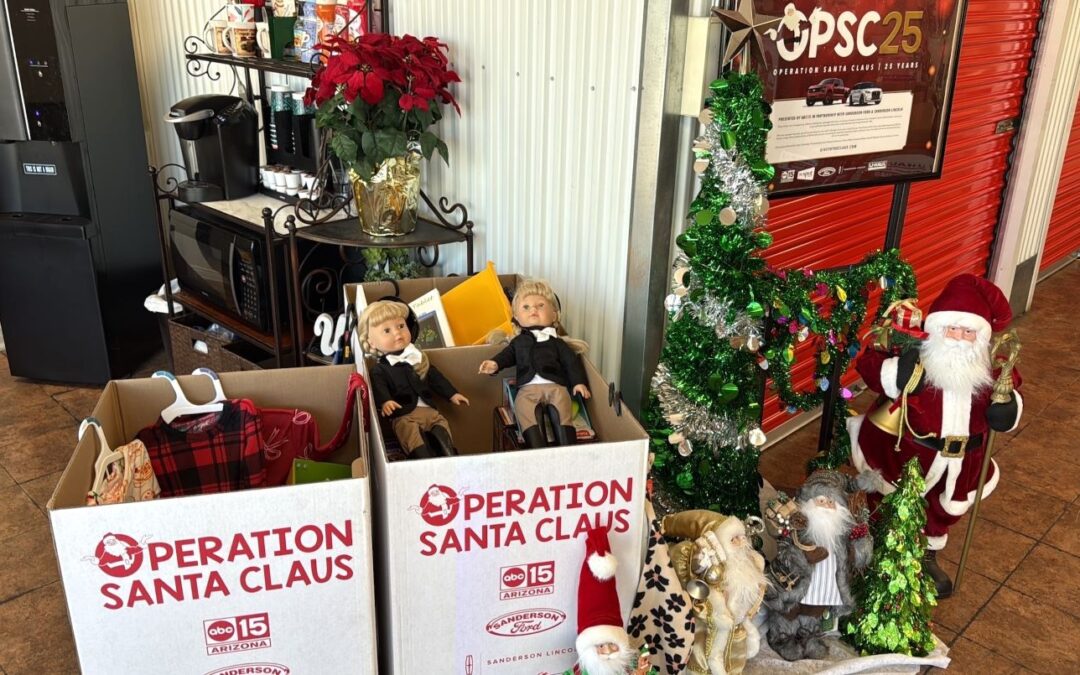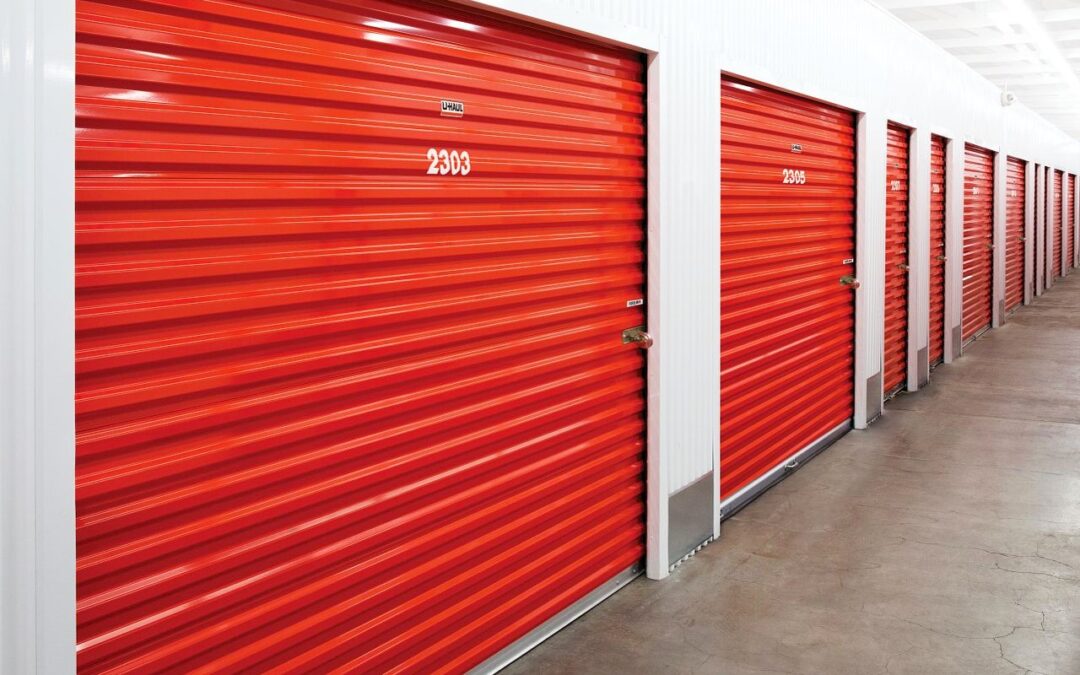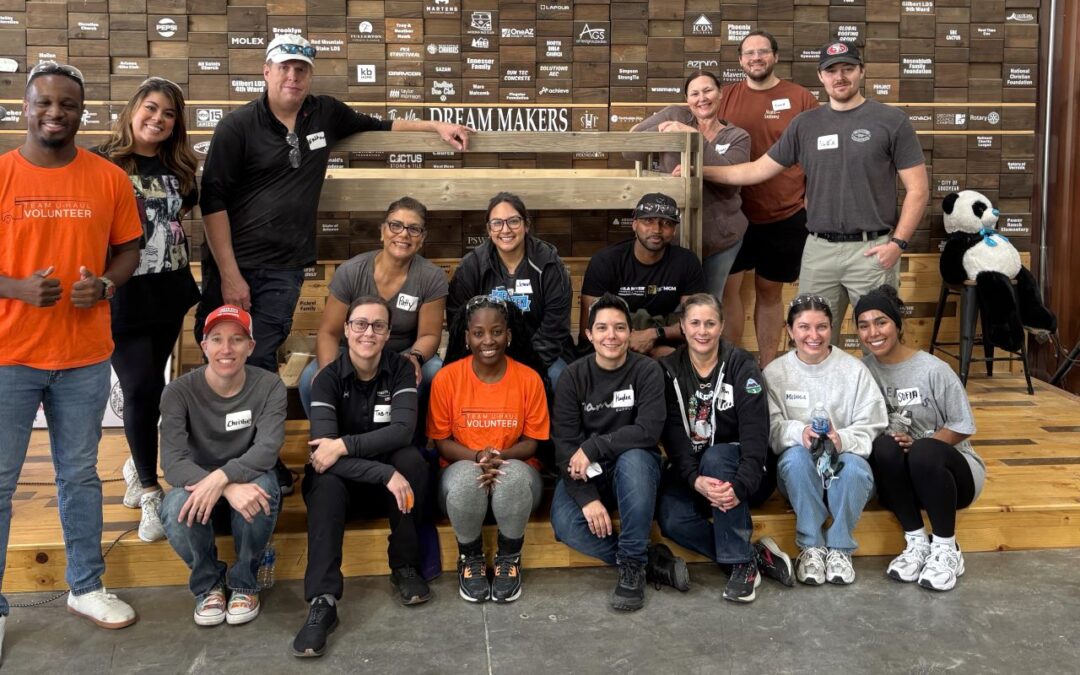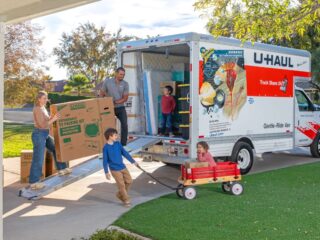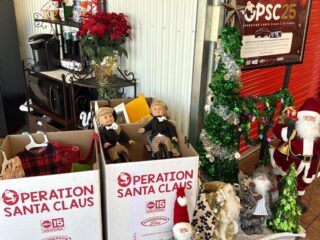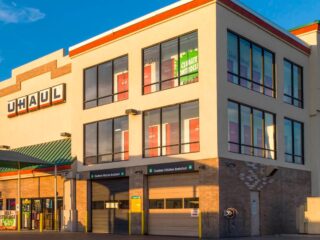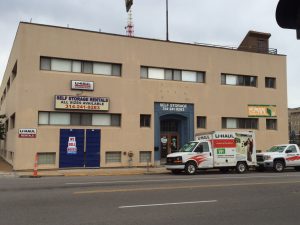
From the street, you’d never know there’s a garden on the roof of Wave Self-Storage and U-Haul Dealership.
ST. LOUIS – U-Haul Stores and Dealerships are not only businesses, they’re also neighbors, and part of being a good neighbor is helping to support and bring together your community. Beau Reinberg, owner of Wave Self Storage and U-Haul Dealership, found a way to not only be a good neighbor, but also increase his financial stability and be sustainable, all at the same time, by adding a garden to the roof.
“Part of running a successful business is embracing your role in the community and asking yourself, ‘How can I do something that’s going to somehow benefit the micro community around me in some way?’” Reinberg explained.
Reinberg’s answer to that question came in the form of a partnership with a local nonprofit organization, and the creation of an environmentally and economically sustainable community space.
Creativity is key
Wave Self Storage is located in downtown St. Louis, in a densely populated area where there is little green space. When Reinberg acquired the two-story self-storage building in 2008, the roof was empty. Now, it holds the city’s first rooftop farm.
“As a small-business owner, or any size business for that matter, it’s important to be as creative as possible with your space and your real estate,” Reinberg advised.
“If the recession taught us anything, it taught us to look for different uses, maybe not the easiest or the fastest, but the most creative,” Reinberg added. “If you can think outside the box and develop creative solutions, you’ll be more successful in the long term.”
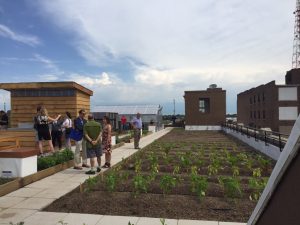
Owner Beau Reinberg partnered with FOOD ROOF Farm to create an environmentally and economically sustainable community space.
FOOD ROOF Farm is a project of Urban Harvest STL, a local nonprofit that promotes urban agriculture, and it’s more than just a garden. Reinberg’s 10,000 square-foot rooftop now features a community garden, greenhouse and beehive, as well as a gathering space for workshops and events. There are even plans for a chicken coop!
“Anytime you can support healthy eating and sustainability, I’m all for that, but I would be totally disingenuous if I said that was my primary goal,” Reinberg admitted. “It was financial stability; it had to make financial sense to turn my roof into that kind of use.”
Converting the empty roof into green space turned out to be a win-win situation for everyone. Reinberg has a new revenue source and reduced expenses, the nonprofit has a place to promote and implement its mission, and the community has a new source for locally grown produce and sustainable education.
Sustainability at the community level
While this is the first rooftop farm in St. Louis, similar green spaces have been popping up in other urban areas around the U.S., as cities and businesses become more invested in sustainability—including U-Haul Company.
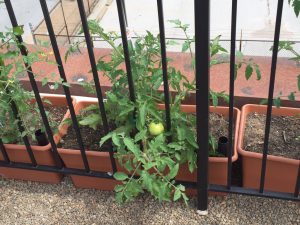
It didn’t take long for the vision to start bearing fruit.
“I think U-Haul is setting a great example by taking responsible and sustainable ideas and putting them on the micro level of outreach in local communities,” Reinberg expressed. “U-Haul is obviously a big, successful Company, but it takes the time to understand what’s important in local communities and the challenges they’re facing, and then provide options that are sustainable from both a green and a financial perspective.”
By offering up his roof for a community green space, Reinberg is putting that goal into action. Green roofs reduce a building’s energy use, air pollution and greenhouse emissions. Plus, from a produce perspective, urban farming is environmentally friendly and provides members with fresher produce.
“When people hear sustainable or green talk, they think only nonprofit, but I think if you pair it with financial sustainability, that’s when it can be really successful for any business,” Reinberg emphasized.


